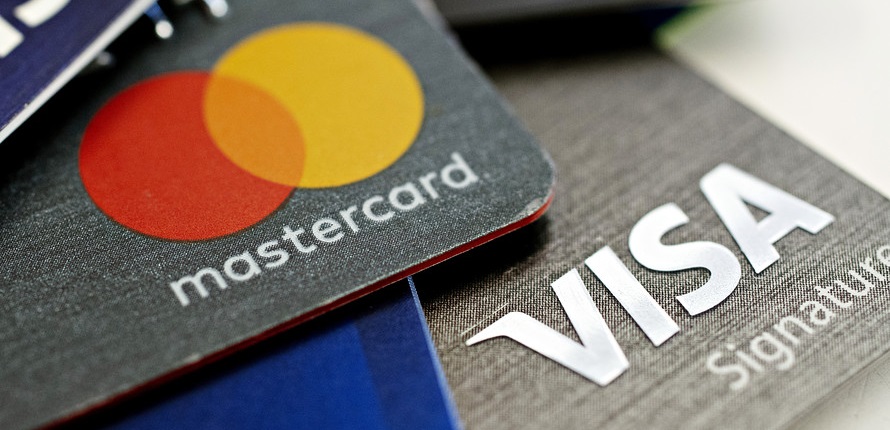
The Commerce Commission has issued its draft decision to reduce fees paid by Kiwi businesses for accepting Visa and Mastercard payments. These fees are passed on to consumers through the cost of goods and services, and surcharges.
“We’re proposing a reduction of around $260 million a year to the largest component of the fees charged to New Zealand businesses to receive Visa and Mastercard payments. We’re also setting the clear expectation that payment providers and businesses should pass these savings on to customers,” says Commission Chair, John Small.
In July the Commission revealed consumers spend approximately $95 billion each year using Visa and Mastercard products. New Zealand businesses incur around $1 billion in fees to provide these payment options to their customers.
“This work is the next step to further reduce, and simplify, payment costs for New Zealand businesses, and to save merchants and consumers a considerable amount of money,” says Dr Small.
When someone uses a Mastercard or Visa credit card or makes a contactless payment, such as Paywave, the business receiving the payment is charged a ‘merchant service fee’. It will most likely seek to recover this fee in the form of surcharges or higher retail prices.
Some businesses, whether due to finding it difficult to understand the fees they are being charged or because they seek to make a margin on their cost of payments, set their surcharges higher than the actual merchant services fees.
“We’ve been clear businesses should not be surcharging their customers more than the cost to them of accepting that payment,” says Dr Small.
“Excessive surcharging is not easy to spot. Different businesses pay different fees and the Visa and Mastercard fees are themselves quite complex and variable. Simplifying these fees is also part of our focus.
“If our draft decision is implemented, we’d expect to see consumers benefit from lower surcharges of around 0.7% to 1.0%, or through prices of goods and services that reflect the lower fees. We’ll be doing more work next year to determine whether, and to what extent, regulation of surcharges is necessary,” says Dr Small.
The average merchant service fee for small businesses is around 1.2% to 1.5%. This means costs for some businesses will be more, and for other businesses will be less. The Commission expects any surcharges to not exceed costs, and encourages businesses paying more than 1.5% to check if they can get a better deal from their existing or new payment provider.
Banking 4.0 – „how was the experience for you”
„To be honest I think that Sinaia, your conference, is much better then Davos.”
Many more interesting quotes in the video below: